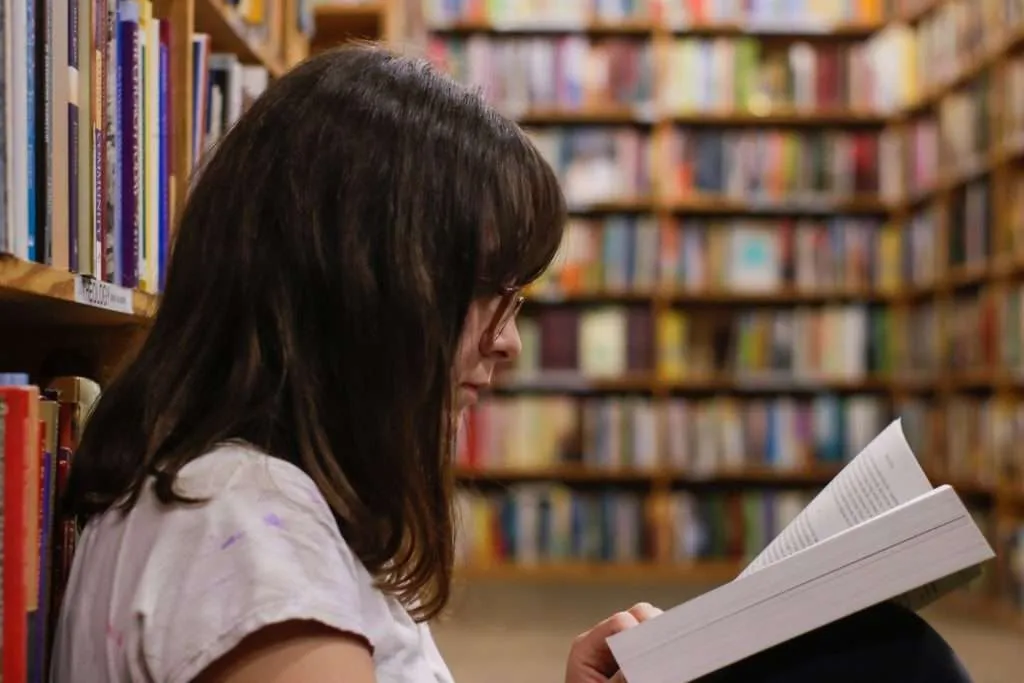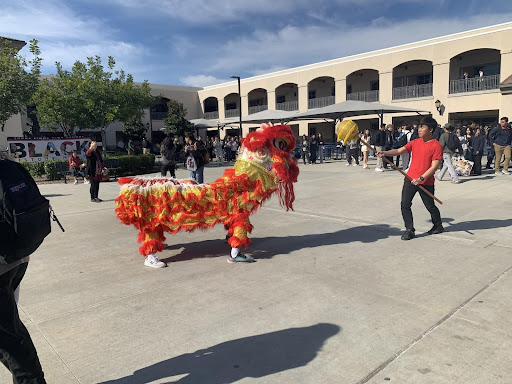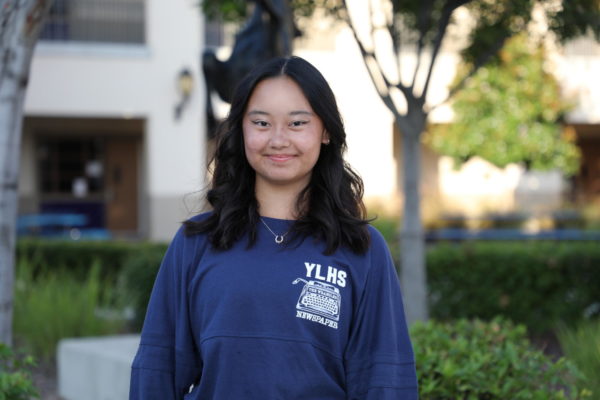Every December 31st, Americans crowd around the TVs at their local hangouts or travel to New York City to watch the Times Square Ball drop to ring in the New Year. However, some celebrate the “new year” on other, less fixed dates.
Historically, most countries recognize January 1st of the Gregorian Calendar as the official beginning of another rotation around the sun.
Almost all countries have also adopted it but some countries (like China) still practice holidays according to lunar calendars. The Lunar Calendar stems from ancient Chinese farming cycles that referenced the moon. This year, it officially started on February 10th, and is observed for 15 days (cnn.com).
Those who observe Lunar New Year typically flock to family reunions; many East Asian countries have national holidays (time.com).
Although when you ask people what their favorite part is they respond with family gathering or hong-baos – better known as red envelopes – there is a deeper story behind this sacred religious holiday. Some traditions that are celebrated during this time are: lion dances, red envelopes, eating dumplings and noodles, wearing new red clothes, cutting a piece of hair, and firecrackers/fireworks. As Christmas is represented by red and green, Lunar New Year is mostly correlated with red and gold. Just like New Years, Lunar New Year is predominantly celebrated on the eve, as opposed to the day of.
The myth behind the origin of this traditional holiday is that a mythical beast would attack a village at the beginning of each year, and to scare him away the villagers would use bright lights, the color red and loud noises. Despite that, there are many different stories about each culture’s beliefs. This holiday is all about helping your loved ones around you achieve wealth, and good fortune in the upcoming year.
2024 is specifically the “Year of the Dragon”— just one animal out of 12 taken from Chinese folklore.
At Yorba Linda High School (YLHS), it involves a handful of cultural clubs hosting school-wide activities for all to participate in. Mustangs involved in the Asian/Pacific Islander Student Union (APISU) and the Chinese Club, as well as those currently taking Chinese language courses held festive events at lunch earlier this month. There was a Lion Dance on Tuesday, February 13th, as well as a day for all Asian cultural clubs on campus to showcase their organizations and share traditional sweet treats and desserts at lunch.
According to the OC Register, the lion dance is a “traditional performance meant to bring luck in a new year” (ocregister.com).
Mrs. Nam (S) teaches all levels of Chinese from 1 to AP at YLHS. She helped students plan the schedule, choreography, and music for the dance.
Ethan Huynh (10) He explains that the clubs’ goals with these proceedings are “to essentially celebrate the beauty of Asian culture and give YLHS a small glimpse into Lunar New Year celebrations,” and was originally planned and practiced from late December to early February.
The Chinese Club held a Chinese cultural potluck party club meeting, while the APISU offered Filipino, Chinese, Taiwanese, Korean, and Vietnamese snacks.
Huynh says that his family typically gets reservations at a Chinese restaurant to celebrate the new year.
“There would be Peking duck, dumplings, scallion pancakes, and much more. Every year, the older relatives, adults, would give the younger relatives a red envelope filled with money that has been said to bring prosperity and good luck.”
There are many traditions but one of the most known ones is the red envelopes that are passed out from all the elders to the younger generations at the end of the night. Although most students will say they enjoy it because they earn money, there is a deeper meaning behind it. The money is inside a red envelope, and red is considered lucky in Chinese culture. The money inside is a symbol of a wealthy future, it signifies that the elders/gods are granting you with a year of wealth and good fortune. We asked others around school what their favorite part of this holiday is and Aiden Guan (10) said: “I like being with my family and receiving red envelopes.” Another student, Jeffery Ha (11) ,who was also in the lion dance,stated: “My favorite part is seeing all my cousins, and grandparents who I don’t see that often. It was also a unique and fun experience to be a part of the traditional lion dance.”
Leonardo Chi (12) guided the lion dance this month. He says that he was “really glad Mrs. Nam gave us the opportunity to perform in the lion dance. It was a great experience and I was able to honor my heritage. She was a great help while we practiced, giving us pointers and resources.”
At YLHS, Lunar New Year festivities were a huge hit amongst teachers and students!





























